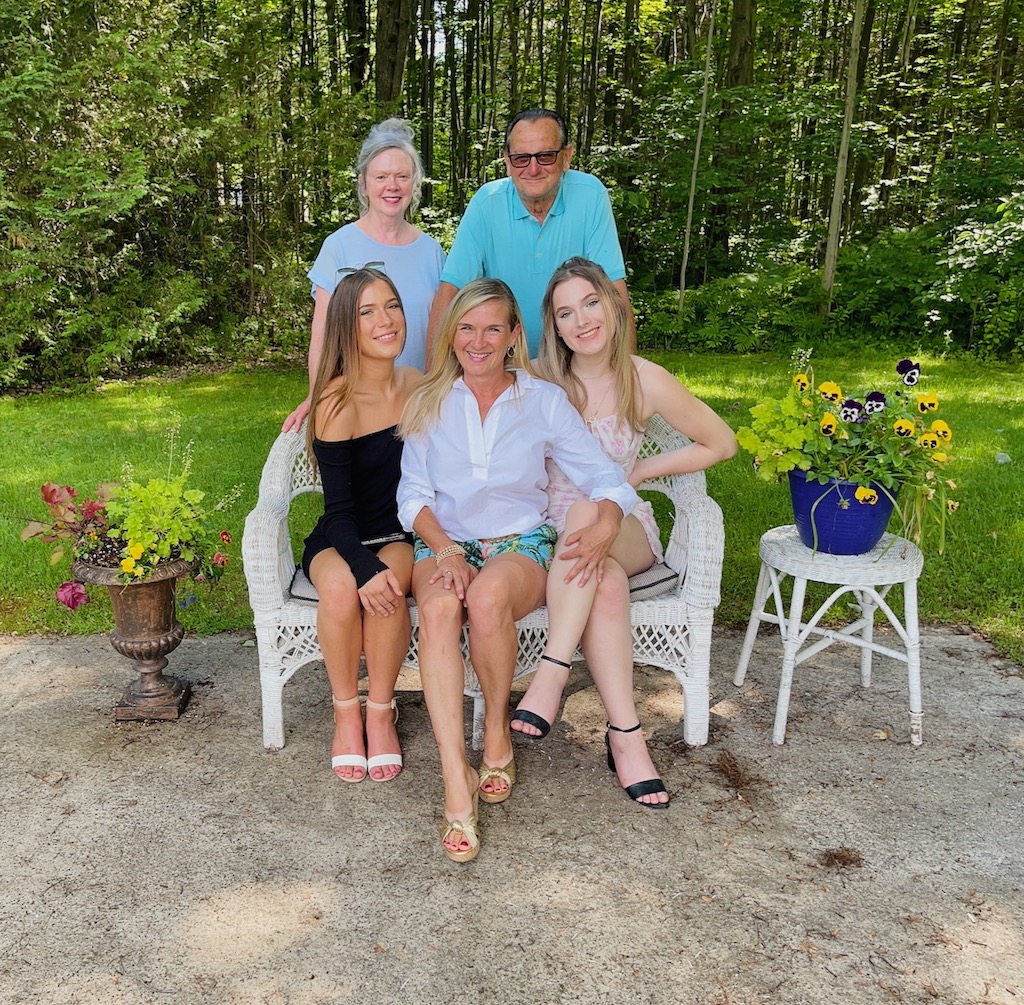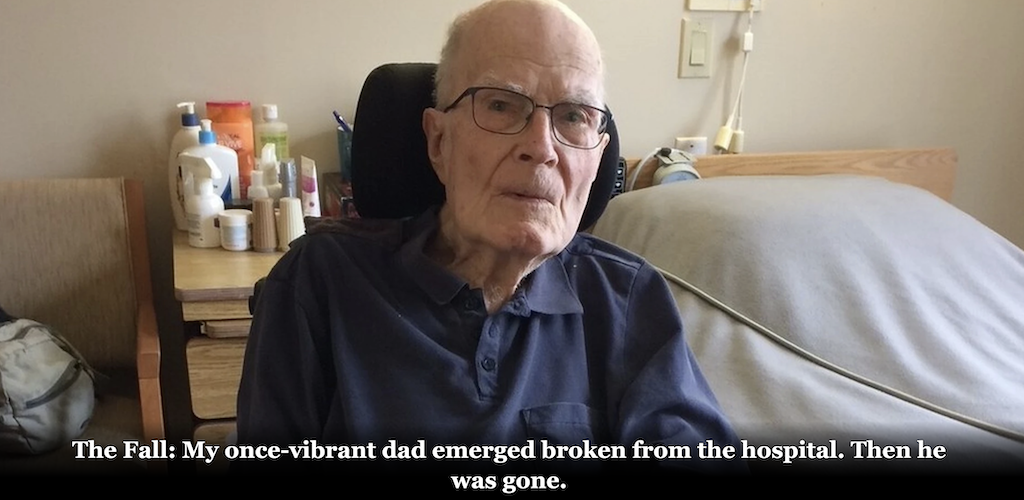Embarking on the journey of caring for aging parents, I find myself at the core of the “sandwich generation,” grappling with the dual pressures of nurturing my daughters towards independence and aiding my parents as they navigate towards more dependence. My delicate balancing act is not unique, but a reflection of the broader societal challenges of aging, highlighting the evolving roles within families and the complexities of elder care in today’s world.

The Inevitable Transition
My parents, with their characteristic pragmatism, are bracing for what my dad terms “the last move.” This phase, humorously yet poignantly described by my mom as the time when they “don’t buy green bananas,” is a stark reminder of the fleeting nature of health and life. Together, we’re exploring living arrangements that will accommodate the eventualities of aging, ensuring that I can be there for them every step of the way. We also talk a lot about health care and end of life wishes. While I’m sure this reads all very practical and “stiff upper lip” on the page, trust that this process comes replete with many tears and lots of worry.
The Harsh Realities of Today’s Healthcare
The pandemic has mercilessly exposed the frailties of long-term care facilities and our healthcare system, further strained by provincial Conservative governments‘ relentless push towards privatization. This harsh reality has shattered any illusions many of us had on the reliability of institutions and systems, compelling us to take a more proactive role in planning for our family members’ care as they age.

Advocacy in Healthcare: A Crucial Role
The experiences shared by peers, like one of my best friend’s Linda, who have navigated the healthcare system with aging relatives, has been both enlightening and harrowing. Linda’s journey, which I’ve highlighted on What She Said in the past, underscores the critical importance of having a family member present to advocate for proper care, but to also ask questions and to not blindly trust in the system. Her story, along with others, highlights the decline in healthcare quality and the tragic consequences of systemic failures, such as the devastating impact of a bedsore acquired in the hospital.
Elizabeth Payne’s Story: A Catalyst for Change
Elizabeth Payne’s moving account in the Ottawa Citizen, detailing her father’s ordeal within the healthcare system, struck a chord with me. Her story, a vivid illustration of the systemic issues plaguing our healthcare system, especially for the elderly, prompted me to invite her to share her insights on my podcast. Elizabeth’s narrative is a powerful testament to the urgent need for advocacy and informed decision-making in the care of our aging loved ones.

Preparing for the Inevitable
The discussions I’ve had with Elizabeth, Linda, and others have reinforced the necessity of being prepared for the inevitable challenges that accompany caring for aging parents. From ensuring end-of-life plans are in place to exploring suitable living arrangements while everyone is still healthy, these conversations, though difficult, are indispensable. They empower us to make informed decisions and advocate effectively for our loved ones when the time comes.
The Power of Advocacy
I need to be crystal clear on one thing here; the challenges we face are not due to a lack of compassion or dedication among nurses, personal support workers (PSWs), and other healthcare professionals. These individuals are often overworked, stretched thin across an ever-demanding healthcare landscape, a clear reflection of a system struggling under its own weight rather than a shortfall in their commitment.
Learning how to advocate for our parents in healthcare settings transcends mere preparation; it’s fundamentally about safeguarding their dignity and independence to the fullest extent. The compelling stories of individuals like Elizabeth, Linda, and countless others underscore how crucial it is to participate in the care of our aging family members. Their experiences serve as poignant reminders that, while healthcare workers do their utmost within the constraints they face, the system’s shortcomings necessitate that we become active participants in our parents’ care.
As we navigate the complexities of caring for aging parents against the backdrop of systemic healthcare challenges, it’s crucial that we internalize these lessons. By educating ourselves on the intricacies of the healthcare system and understanding the pressures healthcare workers face, we can become more effective advocates for our loved ones. This collaborative approach, where families and healthcare professionals work hand in hand, is essential for achieving the best possible outcomes.
In embracing this role, we not only contribute to the well-being of our parents but also to a more empathetic and responsive healthcare environment. By advocating for our loved ones, we help ensure that their final chapters are written with the respect and dignity they deserve, while also highlighting the need for systemic change to support both patients and healthcare workers alike.